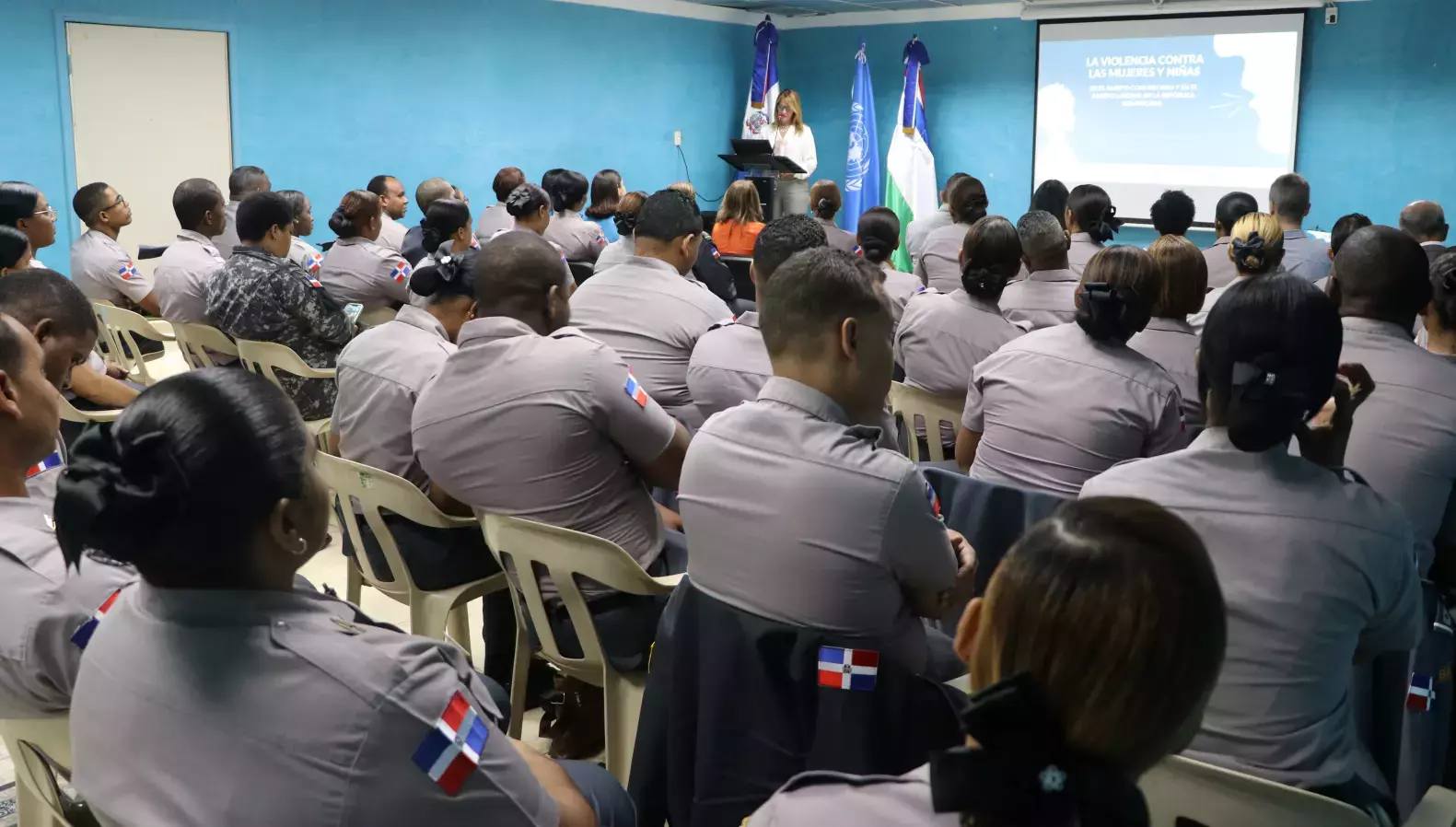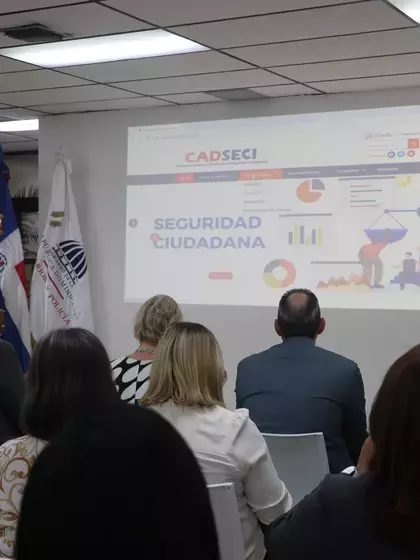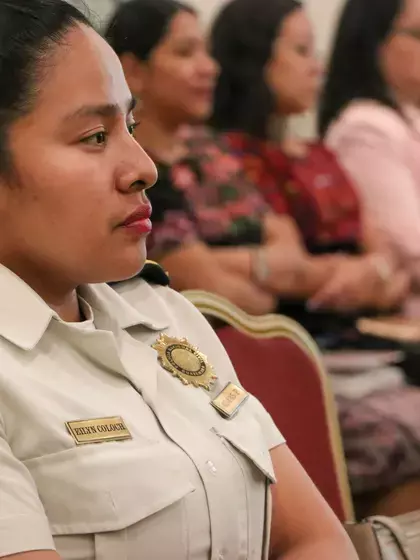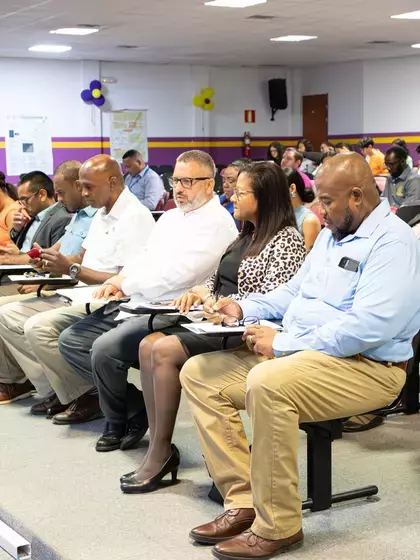Two in three women experience a form of violence in their lifetimes in the Dominican Republic

Studies on violence against women and girls in the community and at work conducted in collaboration with the Ministry of the Interior and Police, Ministry of Women’s Affairs, National Statistics Office (ONE), the United Nations Development Programme (UNDP) and the United States Agency for International Development (USAID) by way of the InfoSegura Regional Project, shed light on disquieting data on violence experienced by women and girls in the country.
According to the documents, two in three women have experienced a form of violence in their lifetimes. These results were gleaned from the first Experimental Survey on the Situation of Women (ENESIM-2018) that the National Statistics Office (ONE) published. They provide a clear overview of the urgent need to tackle this problem and they provide information that is essential to inform decision making processes and the construction of public policies for the wellbeing of women and girls.
The studies were submitted and delivered to the National Police, and show that almost 50 per cent of women report that they ceased at least one activity out of fear of becoming a victim of ordinary crime and violent crime. Although this figure has decreased for men over a ten-year period, it has been reinforced with regard to women. Some 25.8 per cent of women note they have stopped leaving the house out of fear, compared to 18.4 per cent of men.
General Celeste Yanet Jimenez Cabral, director of the National Police Directorate for Attention to Women and Domestic Violence (DEAMVI Spanish acronym) stated that “We acknowledge that it is important for institutions to undertake to do this kind of study, because it is an important source and a very valuable support to strengthen police actions to carry out our institutional mission as reiterated in instructions by Major General Eduardo Alberto Then, P.N., General Director of the National Police.”
Furthermore, Riassa Crespo, UNDP Gender and Social Inclusion Officer observed that, “studies like this that compile and analyze data on violence against women and girls, play a crucial role in that they provide a solid basis to inform decision making processes and public policymaking, prioritizing and protecting rights and the wellbeing of women in our society.”
This press release was originally published on the UNDP Dominican Republic website.





